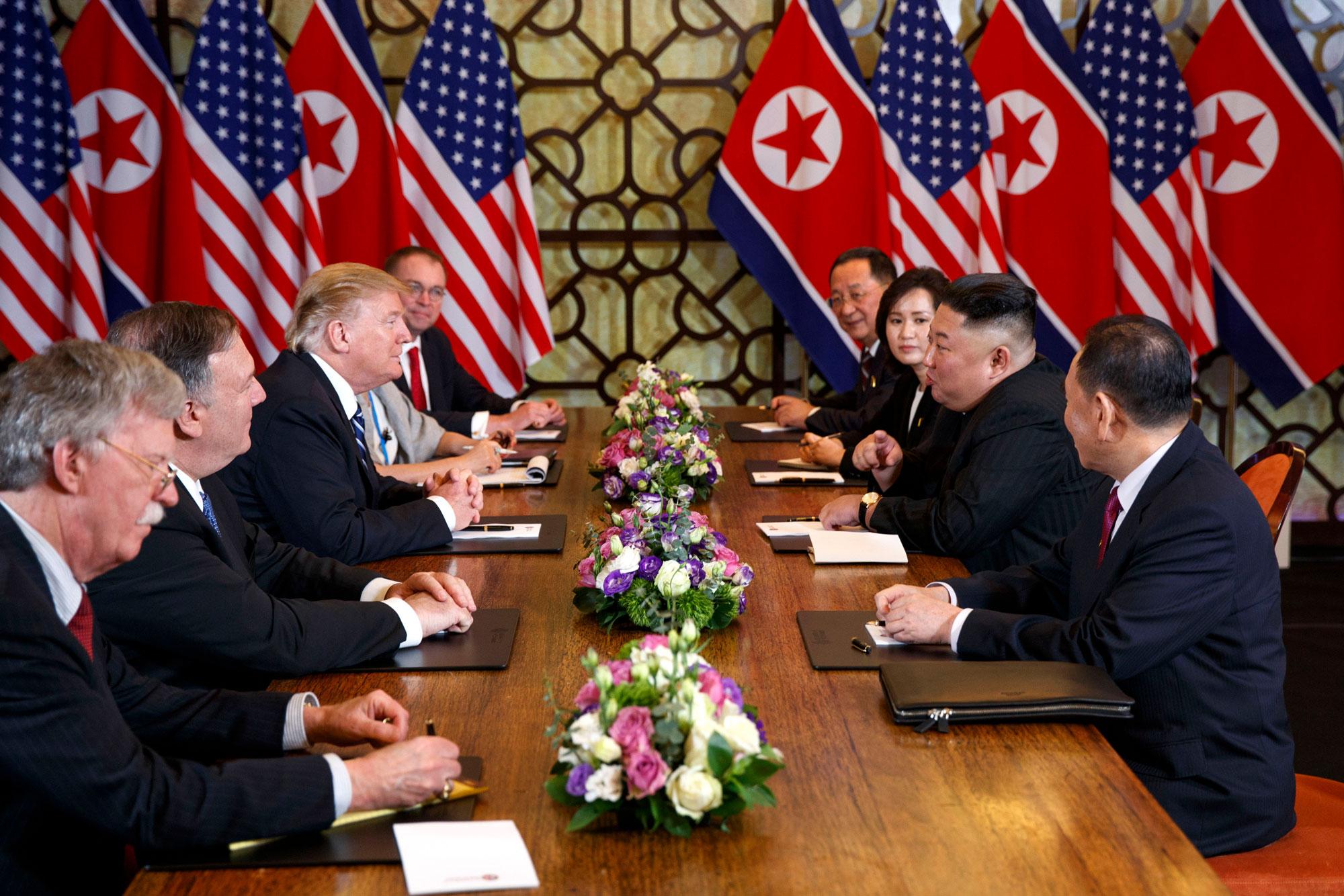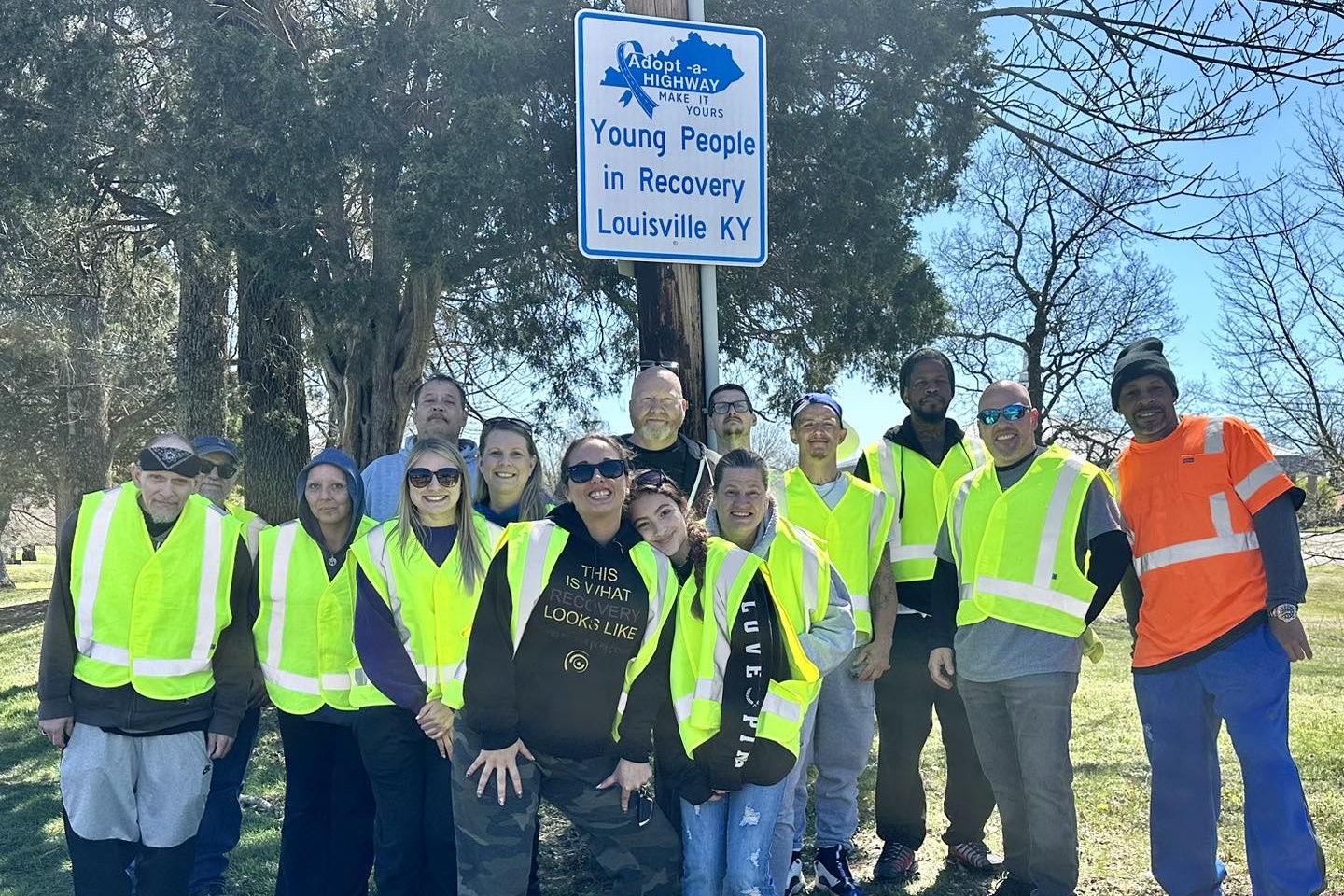
South Korean President Moon Jae-in has said North Korea and the United States are engaged in “behind-the-scenes” efforts to bring President Donald Trump and Kim Jong Un back together. The previous two high profile meetings failed to make substantial progress on ending the North’s nuclear weapons program.
Colorado Republican Sen. Cory Gardner thinks it’s a waste of time.
“I don’t understand what a third summit would do, other than stall and give Kim Jong Un more time to continue to flaunt international and U.S. law,” Gardner said.
As chair of the Senate Subcommittee on East Asia, the Pacific and International Cybersecurity Policy, Colorado’s junior senator has become a top congressional authority on diplomatic relations with the North Korean regime. President Barack Obama signed Gardner’s North Korea Sanctions and Policy Enhancement Act in 2016 and made the complete denuclearization of North Korea the stated goal of the country’s foreign policy.
“[A third summit] must only be done with the absolute, concrete, measurable steps toward denuclearization having already occurred,” he said.
Gardner’s hawkish stance toward the reclusive authoritarian nation puts him at odds with Trump, who continues to brag about the strength of his personal relationship with Kim. Recently, there was an exchange of “excellent” and “beautiful” letters between the two leaders. While Trump is in Asia for the latest G20 Summit he plans to speak with Moon Jae-in about efforts to get North Korea to give up its nuclear ambitions.
Trump’s second summit with Kim in Hanoi, Vietnam, last February, ended when the president walked away hours short of the event’s planned conclusion. Trump was reportedly displeased at North Korea’s failure to accept a grand bargain of complete denuclearization in exchange for full relief of American-led economic sanctions.
Kim had offered to dismantle North Korea’s most important nuclear facility, the Yongbyon complex, in exchange for expansive sanctions relief.
However, South Korea’s president favors a piecemeal approach. The Korean leaders met three times in 2018 and Moon has made an inter-peninsula dialogue on a pathway to peace a centerpiece of his presidency.
On The Ground In Korea
Earlier this year, the Korea-United States Journalists Exchange, sponsored by the Honolulu-based East-West Center, brought together a dozen journalists from the United States and South Korea to learn more about the relationship between the two nations and their different perspectives on North Korea. Most of the funding for the center comes from the U.S. government.
The Americans — including this reporter — visited Seoul, the southern port city of Busan and the Demilitarized Zone along the Korean peninsula.
Special Adviser to President Moon for foreign affairs and national security Chung-in Moon (no relation) told the reporters the South Korean administration would like to see a gradual drawdown of economic sanctions that have been imposed on the North in exchange for a more incremental denuclearization.
Chung-in Moon said the sanctions hurt regular people in the North and relaxation of those sanctions could be an important move toward helping them. When it comes to denuclearization talks, the South Korean approach has been to emphasize the general welfare of people in the North, over any overt discussion of stopping human rights abuses.
“You can’t raise human rights with North Korea. If you do, they won’t listen after that,” advisor Moon said. He added that the first step needs to be defusing the nuclear threat and that human rights issues can be addressed once trust is earned.
That differs widely from Sen. Gardner’s position. He argues that the removal of the North’s nuclear capability and improvement of the country’s human rights record must go hand in hand.
“We cannot simply say that if (Kim) were to get rid of nuclear programs, that’s enough. He’s got to comply with international law and his violation of human rights is also a matter of international law,” Gardner said.
The Republican senator believes the only route to real denuclearization progress is not South Korea’s favored approach, but a return to the strategy of maximum pressure via sanctions. He said that is what created the room for the first summit between Trump and Kim.
“We were shutting off their sources of revenue, we were shutting down the slave labor that North Korea sends out and earns revenue from,” Gardner said. “We were having an effect on the economy and the elites in Pyongyang were beginning to feel that.”
Gardner is concerned that China and Russia have eased their sanctions pressure on North Korea, and that since the first summit, even the U.S. has begun to allow more waivers on sanctions. The senator dismisses both meetings between Trump and Kim as full of unfulfilled promises and he’s not convinced a third summit would bring any different results.
“I don’t understand why the president would want to meet with a person who has not changed a single bit,” Gardner said.









